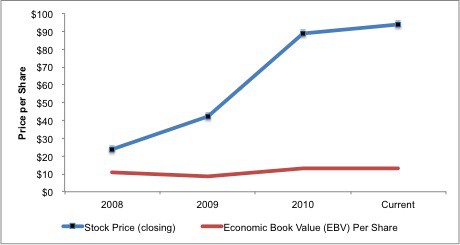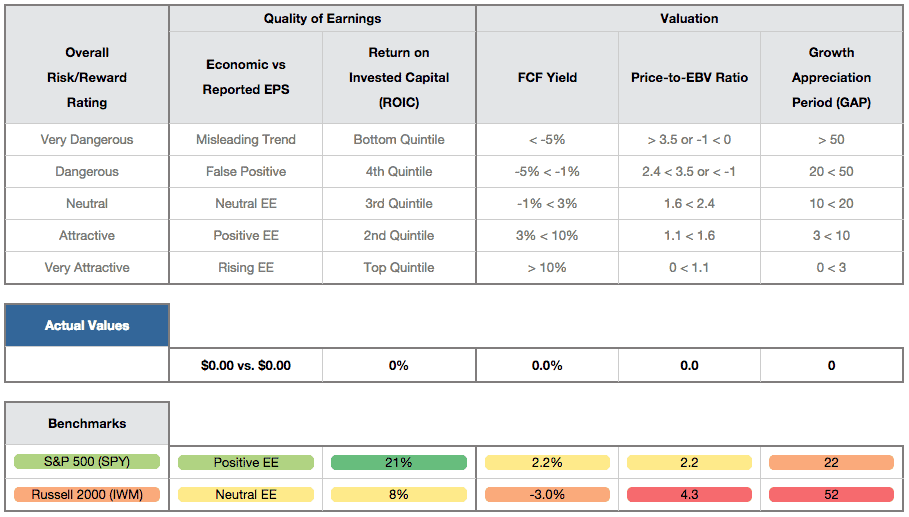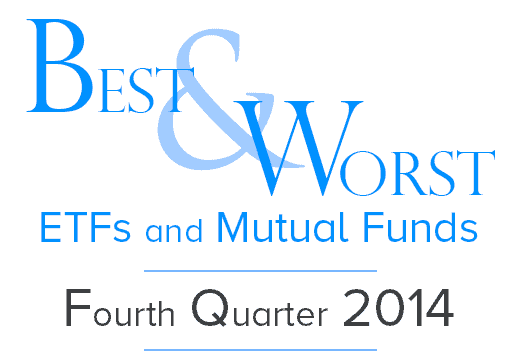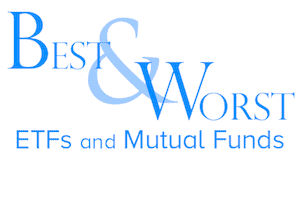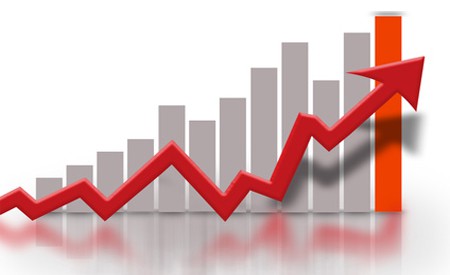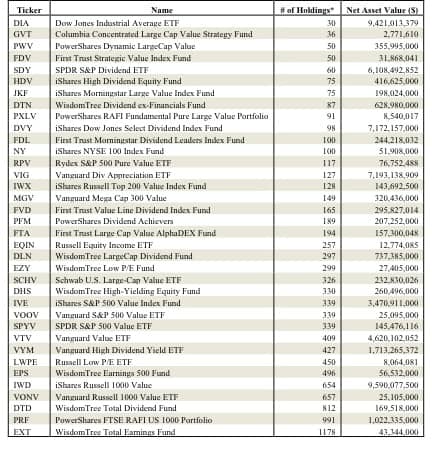Get Short Now: Explanation For “The Euro Will Take Us All Down”
Here is the explanation behind why I suggested investors "brace" their portfolio and go net short in my "Don’t be fooled: Get short now" column on MarketWatch.com. In addition, I provide free reports on the stocks and funds I suggest shorting.
David Trainer, Founder & CEO

